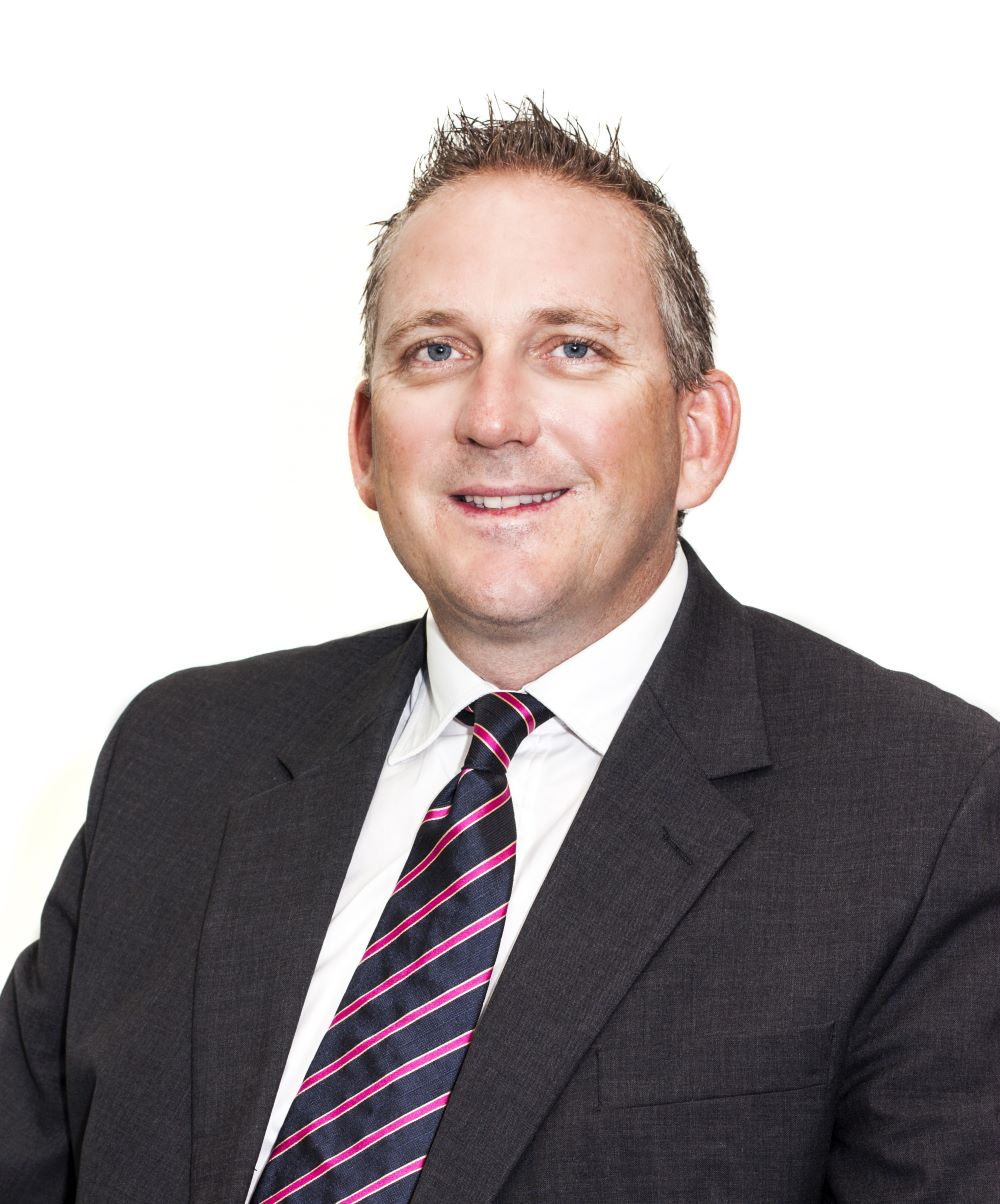Offshore investing trends in the mid-1990s differed hugely from today. Fund choices open to South Africans extended to no more than five options, yet almost every application form received, allocated the funds, whether on a recuring premium basis or as a lump sum, to asset swap/feeder funds*.

Gradually as the relaxation of exchange control limits began, investors had the option to use their newly introduced lifetime offshore allowance limits to invest directly offshore, in hard currency (US dollar, British pound, euro or Swiss franc) and access assets around the world. Investors or their heirs could redeem their investments anywhere in the world.
These investments could physically leave South Africa via perfectly legal means and would be held in jurisdictions generally within the Channel Islands. The factor which attracted many investors to this option was protection against political risk, which was an important consideration but not the only reason to bear in mind when investing offshore.
The value of a well-diversified investment portfolio cannot be overstated and the fact that both the markets and the currency could be cyclical, also need to be considered in planning when and where to invest offshore. If not, when these cycles go against you, many investors make poor decisions driven by fear, when patience and resilience are required.
It is however always so easy to reflect on these issues in hindsight, forgetting the factors in play at that specific time – especially in terms of political uncertainty. And while we are often reminded that past performance shouldn’t be an indicator of future growth, it is so tempting to invest in all the areas where money has been made most recently, as we often then feel like we are the only ones missing out on this opportunity.
And while we as South Africans had previously been excluded from accessing these global economies, markets around the world had experienced amazing returns since the early eighties. Looking at these hard currency returns and for so long having been unable to participate in this bull run, it is no surprise that South African investors jumped in boots and all. And just to add more incentive, the depreciation of the rand over that previous decade was yet another bonus when considered over and above the hard currency returns achieved. For example, the Cape Town Olympic bid to host the 2004 Olympics was based on an exchange rate of 25/1, and investors therefore expected a rand depreciation of at least 10 % per annum going forward.
Looking back, you could easily argue that the timing of the relaxation of exchange control was a perfect storm. The eighteen-year bull run in offshore assets had created an expensive market, and the commodity super cycle driven primarily by the incredible demand for commodities from China, resulted in significant benefits for South Africa as a resource-based economy. In line with this, we saw the rand appreciate from a level just over R14 to the US dollar to just below R7 over the following decade. This impact also saw the SA market rally with returns of around 13 % per annum from the turn of the century up until 2013, while offshore markets ran flat over that time period with the added impact of the subprime crisis of 2008. We then once again witnessed offshore markets rally hard post the financial crisis over the proceeding 12 years and with a drop in demand for commodities, the SA market and the rand were under pressure once again.
At this point you may feel more confused and uncertain than before you started reading this article and leaving your money in the bank may seem like a pretty good idea. Or alternatively simply investing in the perceivably low-risk property market – at least you can see the asset, and many investors have become very wealthy over the last thirty years plus. How many times at a braai have you heard someone bragging about buying a property and flipping it a year later, doubling their money. Although property is a very good asset class to include in a diversified investment portfolio, how often do we consider the concept of liquidity (a reality that hit home during the KZN riots), the fact that in the current environment of heightened political risk and focus on increased taxes aimed at the ‘easy targets’, the hassles and costs associated with managing those properties and finally the very real risk associated with legislation that clearly favours the tenant over the landlord, making it very hard to get rid of non-paying ‘squatters’?
But fear not as there are solutions to manage these daunting decisions. While we would like it to be as simple as possible, the fundamentals remain fairly aligned, they will inevitably differ from person to person and in many instances not simply based on objective financial planning but will also include some very emotive issues. Nevertheless, the ultimate way to establish financial independence and security in retirement is to invest across a diversified portfolio of assets. Yes, that’s the boring route, and you will never be able to be the person around the braai with the legendary tale of making quick money, but you will be the person who will be at the braai every year while the ‘big talkers’ may not.
Financial advice is key
While my role focusses purely on direct offshore investment and the methods to simplify the tax and estate planning implications of holding funds directly abroad, I am not naïve enough to think that this is the solution for all your funds, and a one-way ticket to inflation beating returns year on year. I do however believe that when constructing a diversified portfolio, you must be aware of some of the risks mentioned above. It’s also important to consider your overall assets and not just your discretionary fund when deciding what portion of your funds you should look to invest abroad.
Once you have established with the guidance of your financial adviser, what percentage of your portfolio should be invested offshore in line with your means and objectives, don’t underestimate the additional benefit of having those funds held physically abroad. These may never be required in your lifetime, but the chances of them being redeemable offshore for your children or grandchildren one day are a reality.
In closing, to answer the question on it being different this time, the risks associated with markets will continue to be cyclical and the rand will remain volatile. However, the big question is how high the political risk barometer is and what impact it will have on our markets and currency going forward.
It would be so easy to list these issues, but scaremongering should not cloud your decisions into focussing on one option such as putting everything offshore. We also need to be realists, as hard as that may sometimes be, and at the very least remain open minded about how these issues will impact our beautiful country in the future. While like you I hope that things will improve and we as South Africans will once again show our resilience in the face of adversity, use the options available to offer some form of protection, because this time it may well be different.
Glossary
Asset Swaps
Asset swaps arise when a company uses its offshore investment allocation on behalf of clients to invest funds across a much broader range of assets around the world. These funds are ultimately only redeemable in South Africa rand and cannot be paid out abroad.










